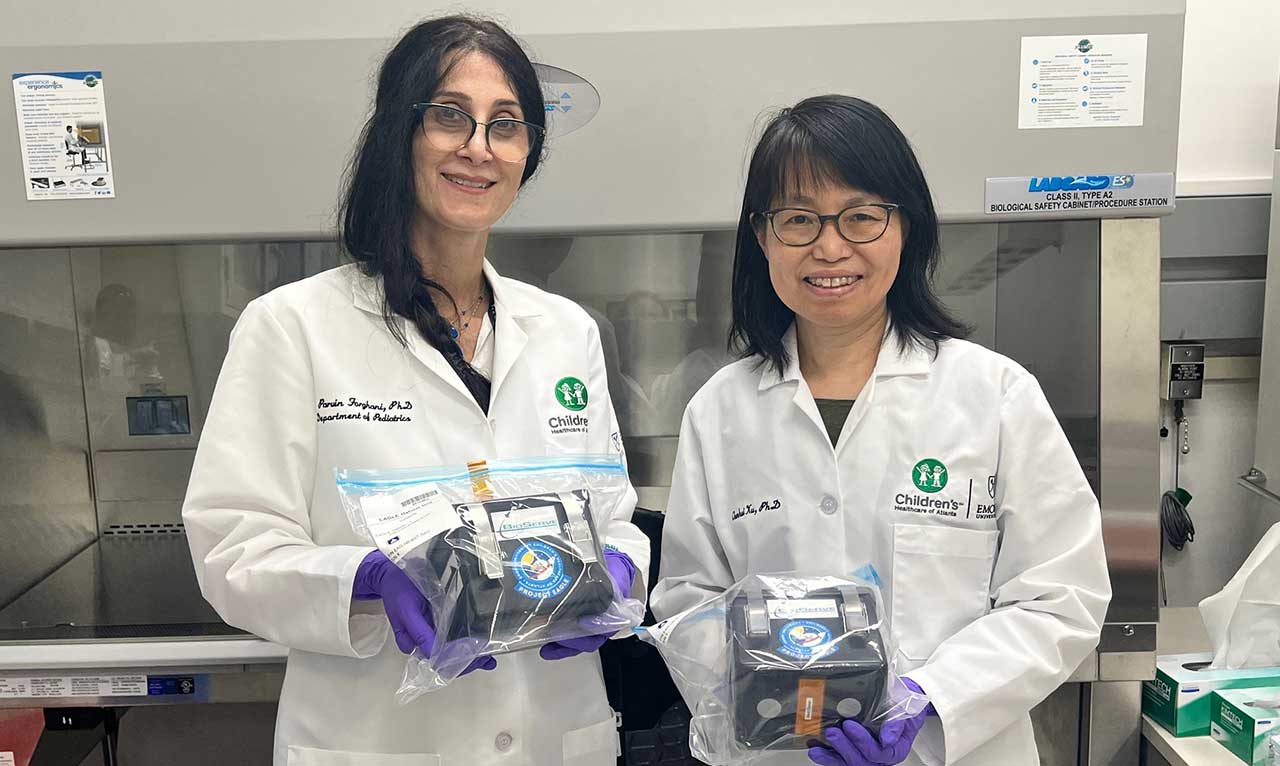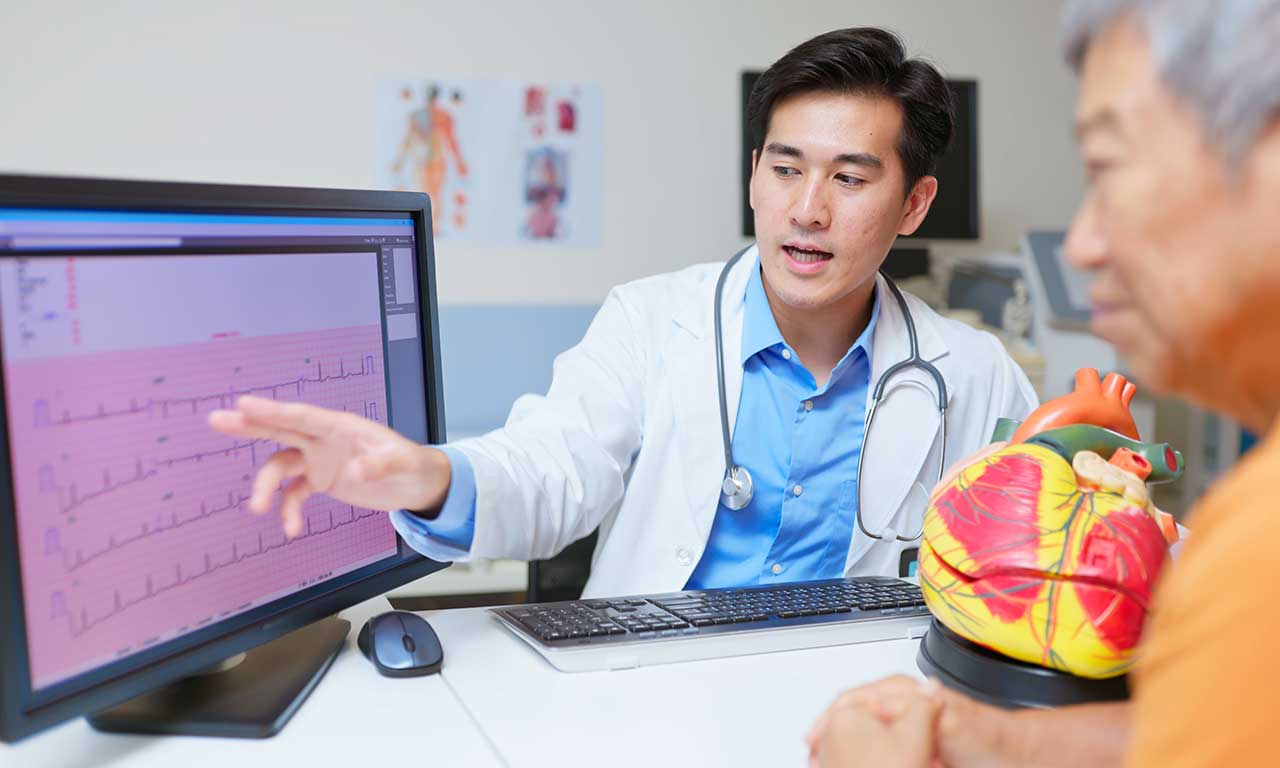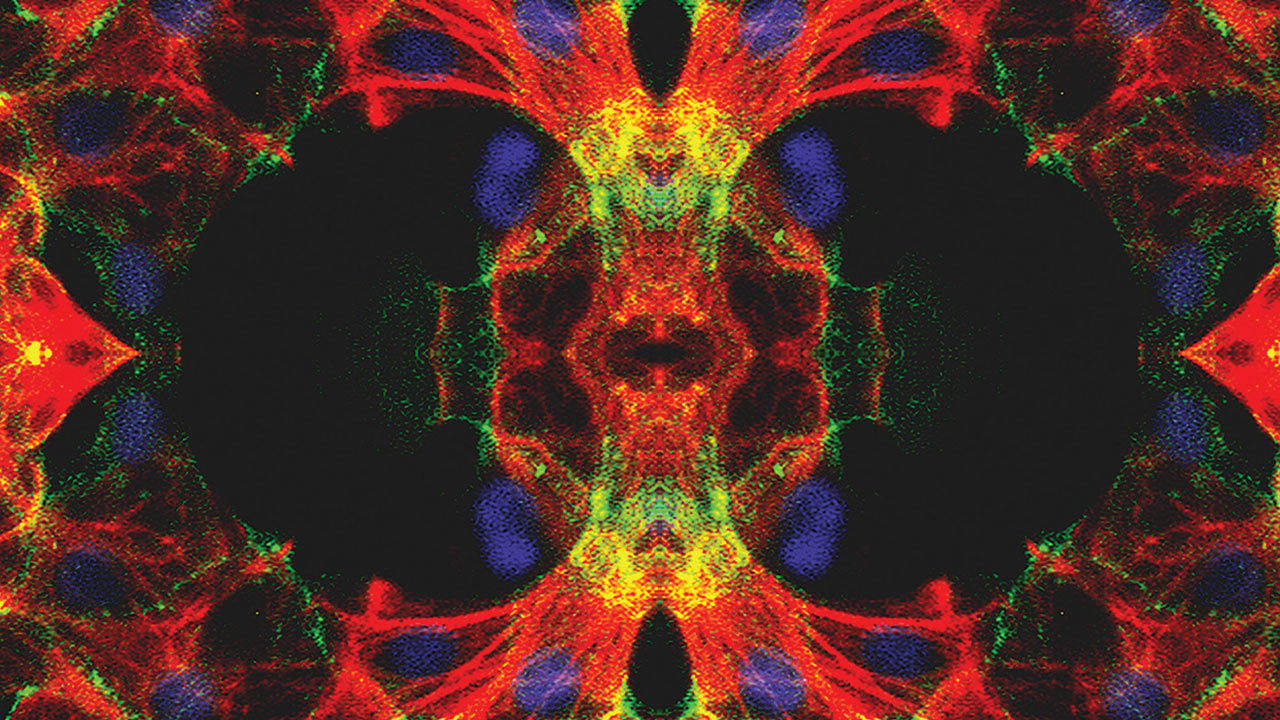Case Study
Advancing Heart Disease Treatment
ISSInternational Space Station Research Reveals Insights to Improve Cardiac Cell Production for Regenerative Heart Therapies
ISS National Lab Opportunity
MicrogravityThe condition of perceived weightlessness created when an object is in free fall, for example when an object is in orbital motion. Microgravity alters many observable phenomena within the physical and life sciences, allowing scientists to study things in ways not possible on Earth. The International Space Station provides access to a persistent microgravity environment. causes changes in cells that could help scientists improve the production of cardiac cells for regenerative heart therapies.
Regenerative heart therapies could provide life-saving treatment for patients with heart disease, but scientists need a more efficient way to produce cardiac cells. They also need a way to increase the survival of the cells after transplanting them into a patient. The ISS provides a platform to study cells in ways not possible on Earth. Examining how cardiac cells derived from induced pluripotent stem cells (iPSC) grow and mature in microgravity could provide valuable insights to improve cardiac cell production on Earth.
Industries:
Pharmaceutical, Regenerative Medicine, Cardiovascular
Strategic Focus Area:
Fundamental Science
Research Area:
Heart Disease
Institution:
Emory University
IMPACTFUL OUTCOME
Published results demonstrate that stem cell-derived cardiac cells proliferate much more quickly in microgravity and have increased gene expression related to survival.
Emory University researchers studied microgravity’s effects on iSPCs as they differentiate into heart muscle cells and then heart muscle cells as they mature into tissue-like structures. The team found that exposure to microgravity significantly increases the expression of genes related to cardiac cell development, proliferation, stress response, survival, and metabolism. These results are valuable because they could help researchers find a way to produce large numbers of iPSC-derived cardiac cells more quickly. The findings could also help produce cardiac cells that are more mature and more likely to survive after being transplanted into a patient’s heart. The Emory team published multiple peer-reviewed articles on their ISS National Lab-sponsored research, including two in the high-impact journal Biomaterials.

INVESTIGATOR
Chunhui Xu
Professor, Emory University

Parvin Forghani Esfahani (left) and Chunhui Xu (right) of Emory prepare their investigation that launched on Crew-8.
Media Credit: Sheila Nielsen
The space environment provides an amazing opportunity for us to study cells in new ways. Our research on the ISS could allow us to develop a new strategy to generate cardiac cells more efficiently with improved survival when transplanted into damaged heart tissue, which would greatly benefit patients on Earth.
– Chunhui Xu, Emory University professor

APPLICATION
Knowledge gained could significantly advance methods to produce cardiac cells for regenerative therapies, helping transform the landscape of heart disease treatment.
Heart disease is the leading cause of death in the United States, accounting for one in five deaths. Because damaged heart muscle tissue cannot regenerate, it is difficult to treat heart disease, and end-stage heart failure patients must wait for a heart transplant. However, the number of patients in need of a transplant is far more than the number of donor hearts available. A regenerative therapy in which healthy cardiac cells are transplanted into a patient’s heart to repair damage would provide a life-saving option for the millions of people with heart disease.
Note: This content is abridged from an article originally published in Upward,
the official magazine of the ISS National Lab.


